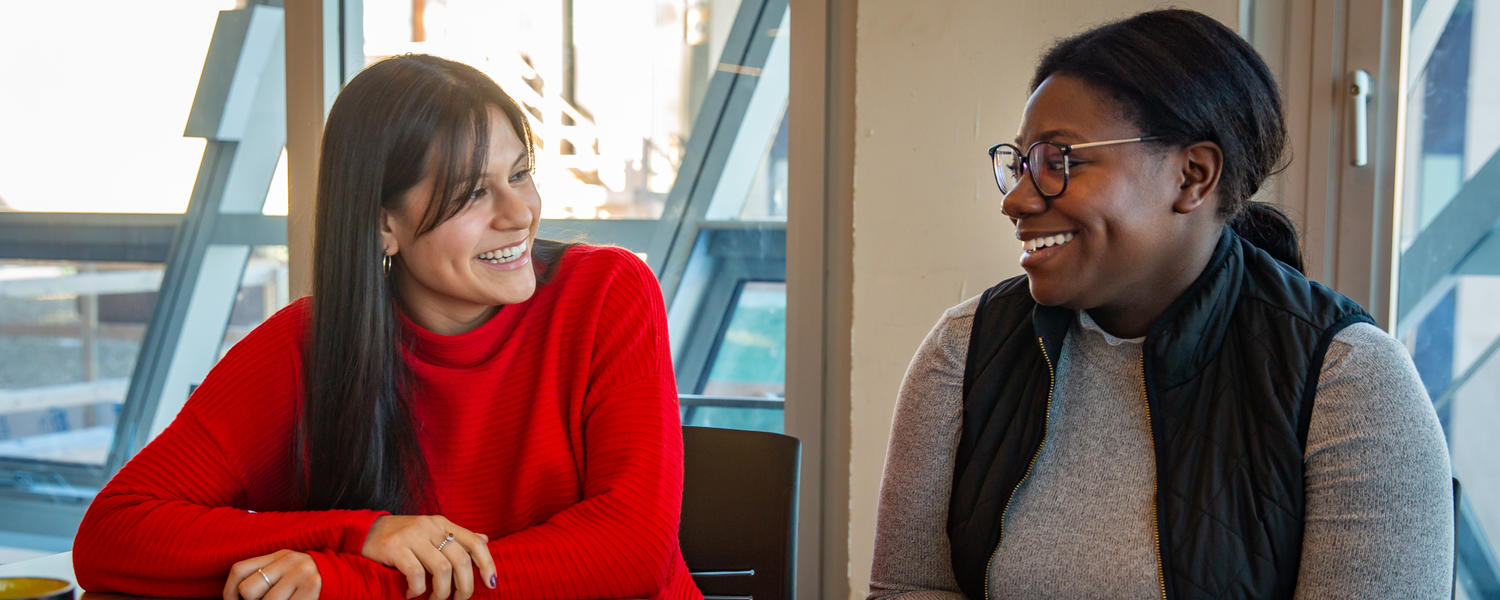
BSW Learning Circles: Grande Prairie and Red Deer
2020 Summer Undergraduate Timetable
Important Dates
Feb. 4, 2020
Registration Start Date
June 29, 2020
Lectures Begin
July 8, 2020
* Fee payment deadline
July 1, 2020
Canada Day, University Closed
Aug. 3, 2020
Alberta Heritage Day, University Closed
Aug. 12, 2020
Lectures End
* The Add/Drop/Swap and Withdrawal dates for Spring and Summer courses may vary depending on the start and end dates of the course. You will find the course-specific deadlines in your Student Centre. In the 'Enrolled Courses' table, click on the calendar icon by each of your courses, and the deadlines will appear.
Registration in the online 500 level SOWK option courses is restricted to the BSW Learning Circle and Virtual Learning Circle students until February 16, 2020. Similarly, Calgary, Edmonton and Lethbridge-based BSW students have registration prioirity for courses offered locally until February 16, 2020. Starting February 17, all BSW and MSW students will be able to register in all courses.
Please check the course comments in the registration system for more information/instructions.
BSW Learning Circles: Grande Prairie and Red Deer/Online
Program Level Outcomes guide each of our programs. These are set by our accreditation standards and include what we expect students to learn by the end of their program. Each of our courses also include specific Learning Objectives which are more specific then the Program Level Outcomes and are descriptions of what students will be able to do at the end of the course. The Assessments in a course are the tasks that provide feedback on students' knowledge and skill. Assessments evaluate the students’ success in obtaining the course learning objectives. Instructional Activities are the contexts and activities that foster students’ active engagement.
Registration Class Number: 50193 | Delivery and Dates: Online, June 29 - August 12
Instructor: Jodi Schollaardt
Registration Class Number: 50258 | Delivery and Dates: Online, June 29 - August 12
Instructor: Jodi Schollaardt
-
What to expect
All courses may have readings and/or assignments to be completed prior to the first class. Please check with the instructor or the D2L course site for further information.
-
Tuition
Although tuition will be the same, special fees will vary from site to site and students must check with the regional office for the amount of fees payable and services available at that site.
-
Registration
Registration in the BSW online courses is restricted to Learning Circles and Virtual Learning Circles students until February 16, 2020. These students have no face-to-face options in their communities. All other BSW students will be able to register in online courses (space permitting) effective February 17, 2020.
Program Specific Documents
How to upload your supporting documents
Use three sections to describe your previous experience:
- employment experience in or related to social services,
- volunteer experience related to social services,
- employment and volunteer experience not related to social services.
Indicate the number of hours for all social service work and include a total number of hours.
Don’t forget to detail your educational history, awards, distinctions, publications, and presentations.
The Faculty of Social Work acknowledges inequities experienced by visible minorities (racialized persons); Indigenous people; persons with disabilities, which may encompass physical, mobility, perceptual, illness related, mental health, developmental, or environmental disabilities; people who self-identify as two spirit, gay, lesbian, bisexual, transsexual, transgendered or queer; as well as people who have experienced other barriers to their education (e.g. socioeconomic (class), caregiving, religious, cultural) should state the nature of the barrier(s) and how it negatively impacted their education.
In your program proposal, please answer the following questions:
- Introduce yourself and outline your social location. Discuss how your experiences (can be based on your lived or professional experiences) shape your interests in applying for your chosen specialization.
- Specify your area of interest and discuss applicable theoretical frameworks and/or practice approaches. Provide your rationale for choosing these frameworks/approaches.
- Provide a position statement on issues of marginalization and oppression (can be based on your lived or professional experiences). Discuss approaches that may facilitate responses to oppression, exclusion and marginalization.
The proposal is approximately 5 pages, double-spaced (not including title page and references), and must be written in an academic format (APA or other), properly referenced, and ideas must be grounded in relevant bodies of scholarship.
In your thesis proposal:
- Describe the research problem you hope to investigate, and
- Outline the research methodology or methodologies you are considering (e.g., quantitative, qualitative, mixed methods, participatory action research, grounded theory, arts-based, etc.).
It needs to be written in an academic format (APA or other) and cannot exceed 5 double-spaced pages (not including title page or references).
